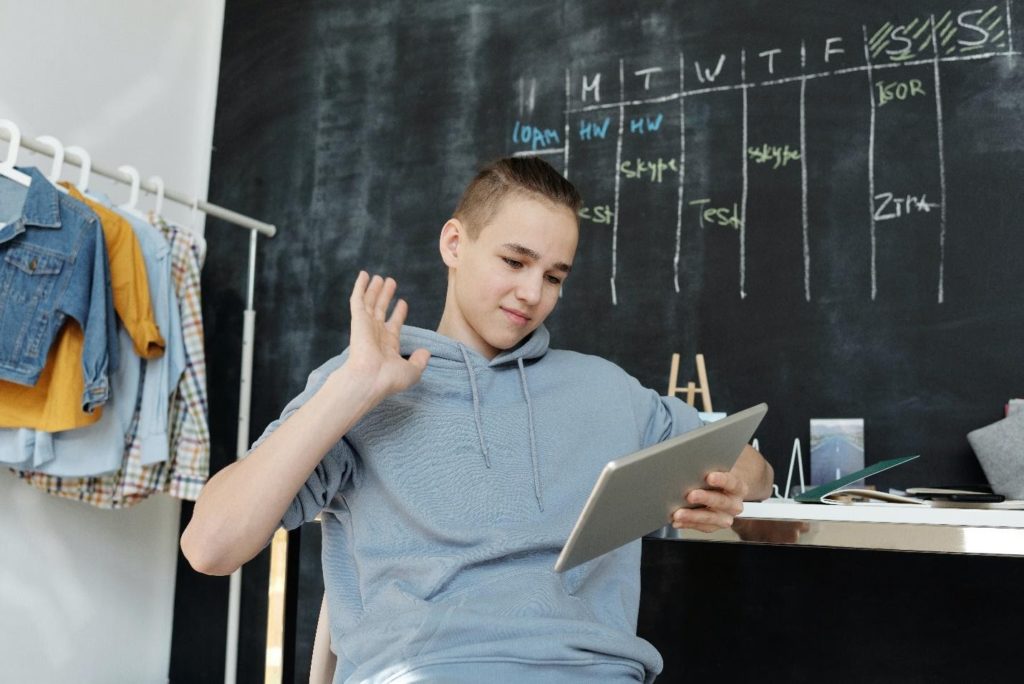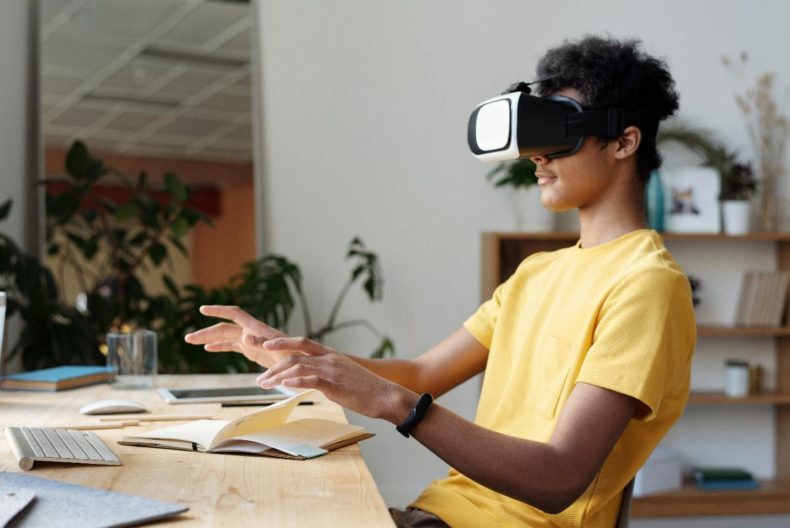Children are already engaged with technology, and the internet plays an important role in how people live. Since we have a tech-savvy generation and technology already shapes how students learn, suggestions have been made regarding video games’ potential in education. It is postulated that, rather than separate children from technology that already plays an important role in their time, strategies should be designed to adopt technology approaches in education. The use of games to facilitate learning and support instruction has started to gain popularity as a result.
Of course, concerns have been raised that gaming may negatively affect the ability to learn. However, research shows that, if properly used, most video games can facilitate learning. Here are some evidence-based benefits of gaming in education:
- Gaming Helps to Improve Coordination Between Hand and Eye

One reason why gaming should be incorporated into education is that it improves hand-eye coordination. As the student uses a keyboard or game controller, they enhance hand-eye coordination, which can be important for other areas. This is because users have to look at the screen while operating the gaming app. Since most modern-day technologies in the workplace demand impressive coordination between the eyes and hands, getting learners used to such tech early comes with numerous benefits.
- Gaming Enhances Strategic Thinking and Problem-Solving
One of the most notable educational benefits of video games is enhanced strategic thinking. Many video games are designed to require logical problem solving and strategic thinking for users to succeed. Playing the games over time fosters these abilities, which can easily be transferred to academics. The children will learn to think quickly, using logic to solve the various stages and solve problems.
- Gaming Expands Memory Recall
One important element of effective learning is the ability to recall information. Most games require users to remember moves and stages. This is true for most video games, and the memory skills gained can be transferred to other aspects of life, including education. Of course, there are times when students find they have too much work to do and need to buy assignment projects online.
- Games Increase Computer Literacy
The world we live in increasingly relies on technology for work and interaction. Employers are searching for techno-savvy professionals, and it is the role of education to provide these individuals. Game-based learning orients students with technology, allowing them to get used to various applications practically.
- Game Introduce and Consolidate New Knowledge
Games offer an amazing way to introduce new concepts to students. Teaching new concepts in class can be complicated in a conventional environment, especially when there is a motivation issue. Teachers can use games to strengthen students’ knowledge of key concepts and connect with real-world situations. Teachers can also ask students to craft their games according to the course content as a strategy for assessing progress.
Please understand that games don’t have to be confined to the classroom to be effective. Students are encouraged to take learning outside as the outdoor environment can be relaxing.
- Video Games Improve Motivation
Research shows that using games in classrooms improves the general motivation of learners. Students are more enthused about learning and take part in various tasks. Games also reduce cases of absenteeism as students are encouraged to become useful members of a team. For teachers, video games can be a useful tool for managing classrooms while motivating students.
- Games Promote Controlled Competition
Competition gets the best out of all of us. Games encourage competition, but in a controlled way between students in the classroom. There is also the chance for collaboration, where students help each other to learn concepts. Games are also useful during strategy simulations, allowing students to learn planning and problem-solving strategies.
Game-based learning is also relatively less stressful than conventional methods. Students face numerous stressors as they work on assignments and research projects. Playing games can be an ideal way to relax and get rid of some of the stress. When learning is less stressful, there will be a more positive perception of the classroom environment. This can lead to a more student-initiated approach to learning.
Video games hold much potential to influence learning in the modern classroom. They improve motivation and collaboration among learners. The games also enhance hand to eye coordination, drawing students’ curiosity and improving the quality of instruction. The challenge that remains is how to design the games to make them appropriate for classroom environments without distracting learners.






